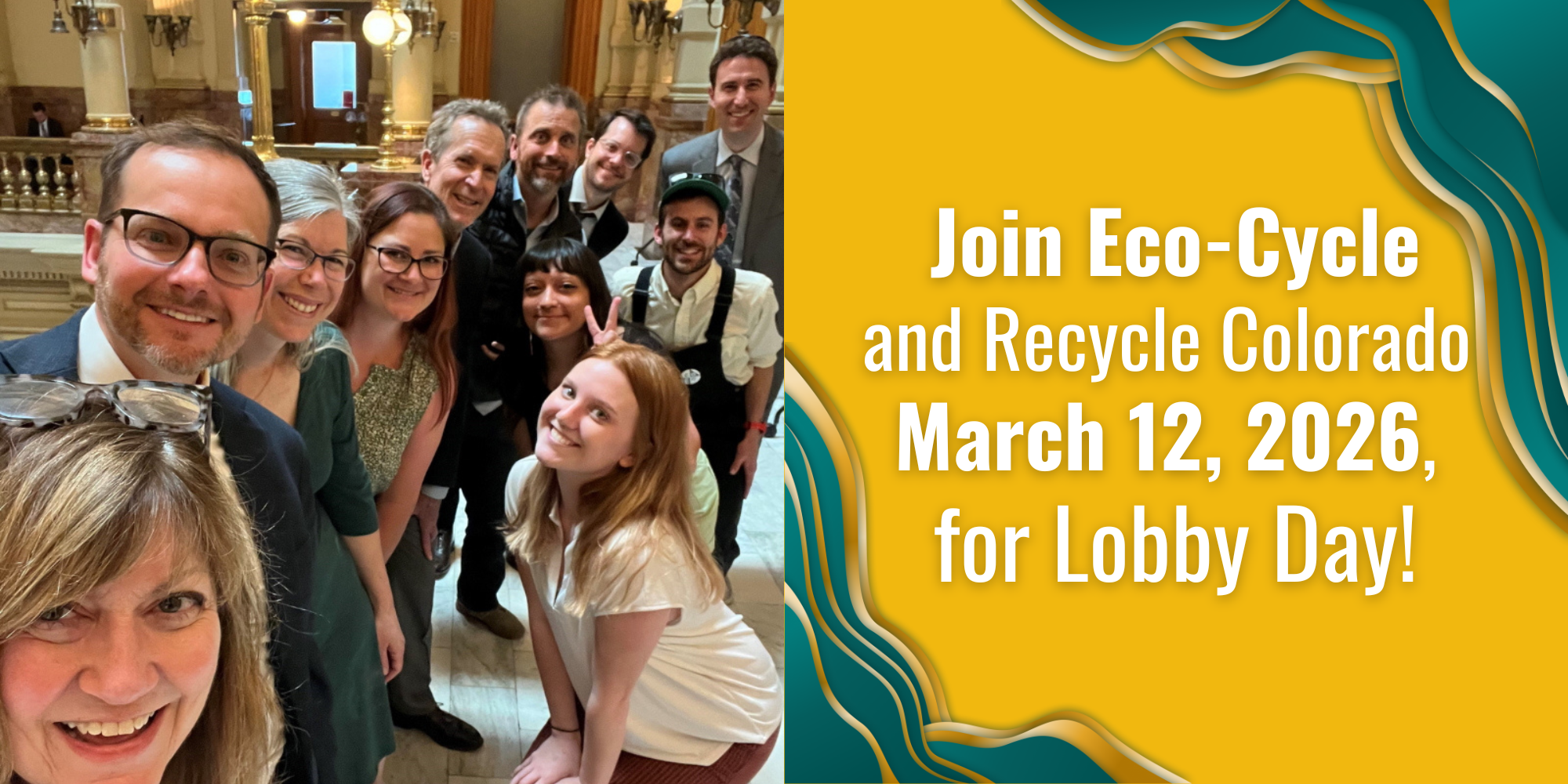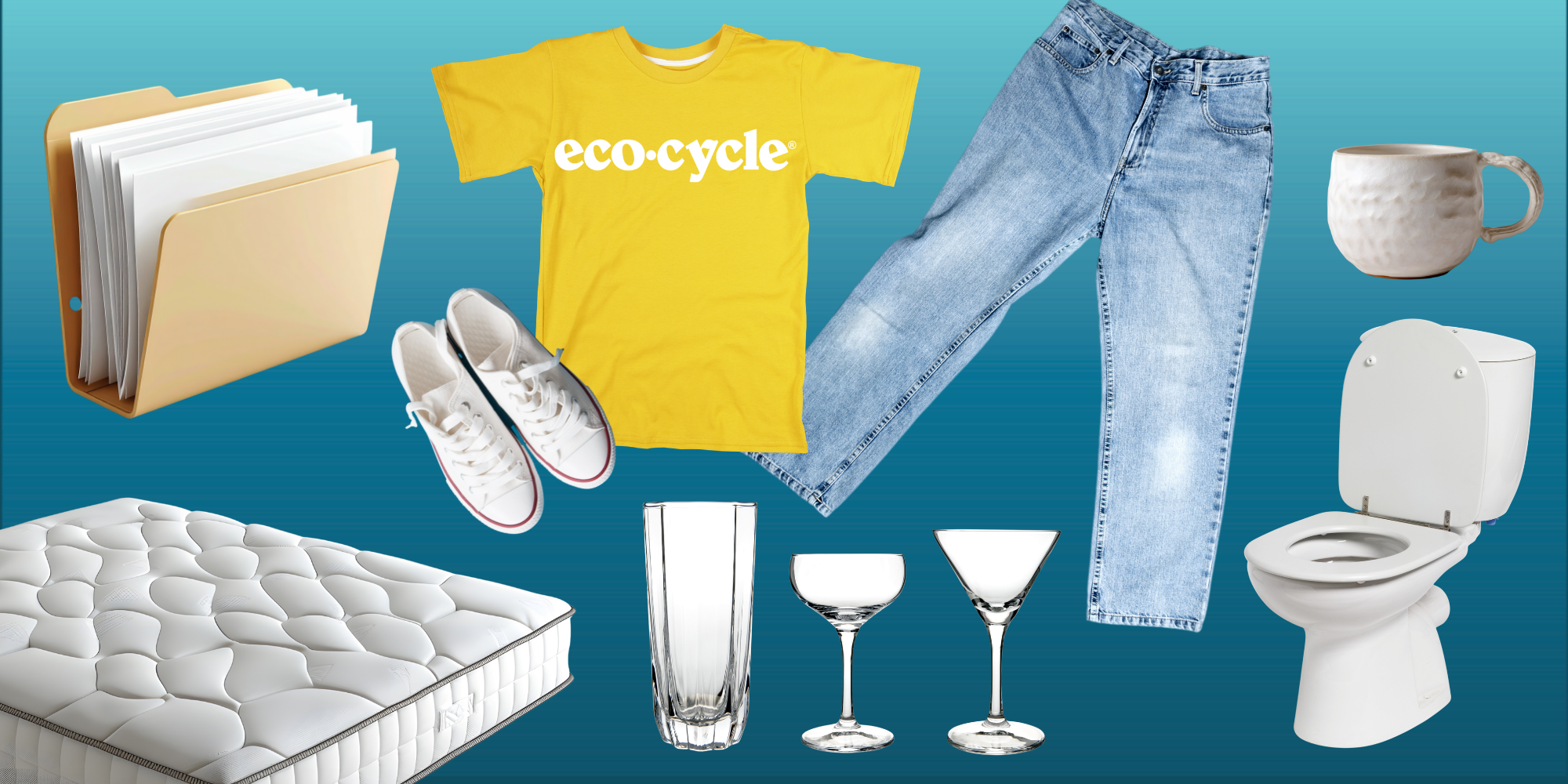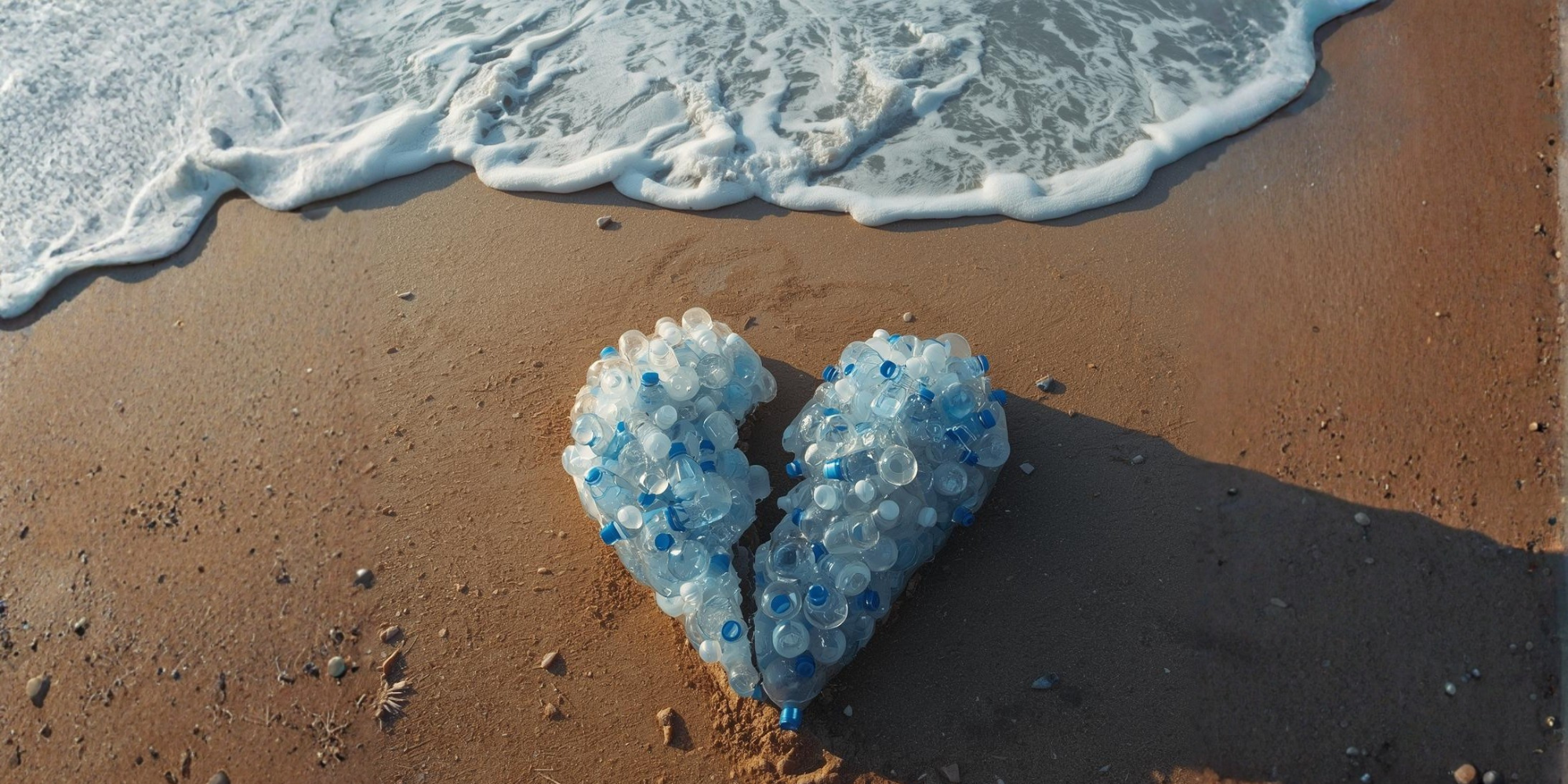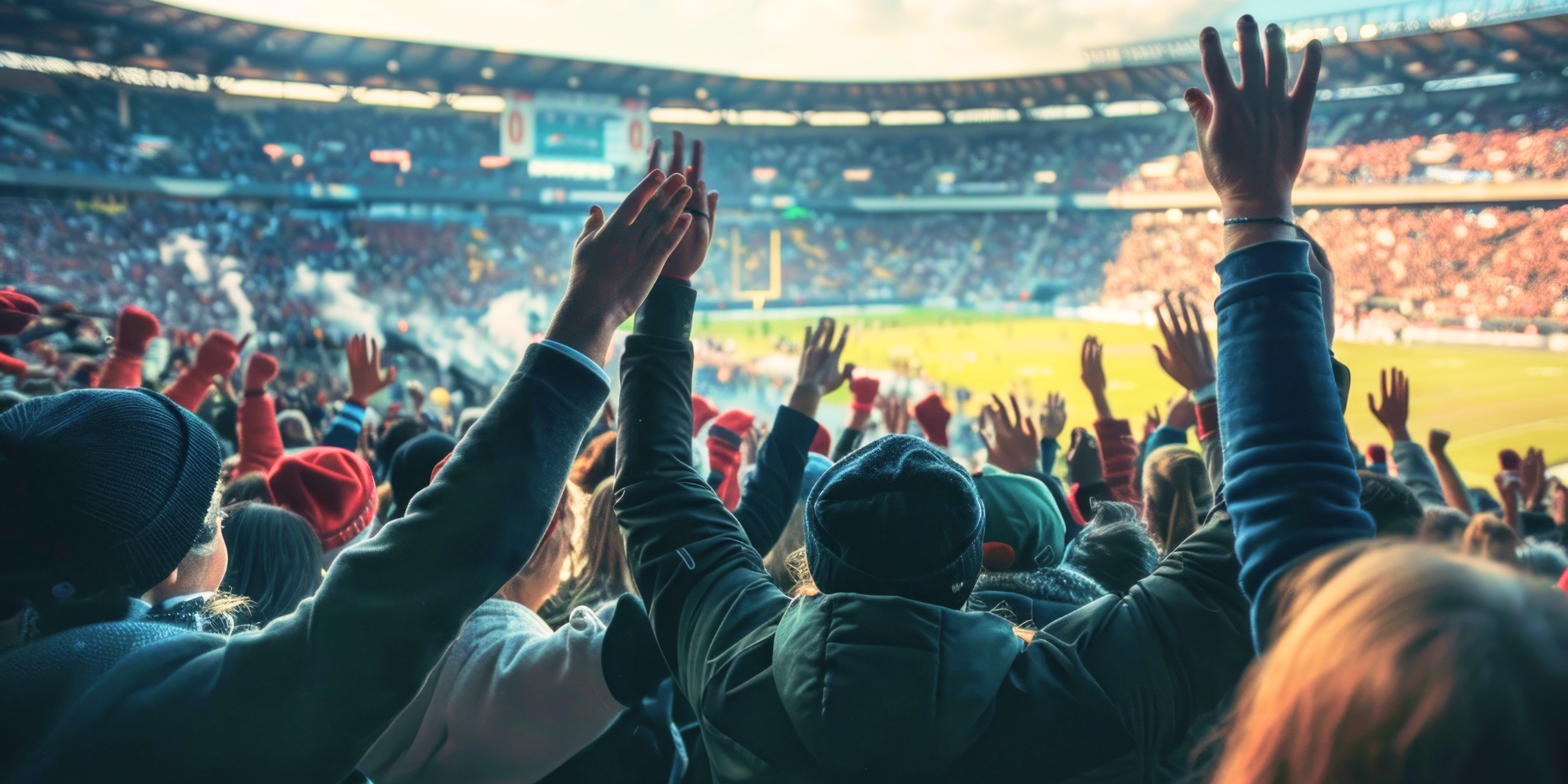Your Guide to Zero Waste at Summer Events
You’re standing at a Zero Waste station at a community event—half-eaten corn dog, plastic cup with ice, and napkin in hand. Which item goes in which bin? Check out our Guide to Zero Waste at Summer Events. And don’t forget to double-check your local recycling and compost guidelines—details matter!
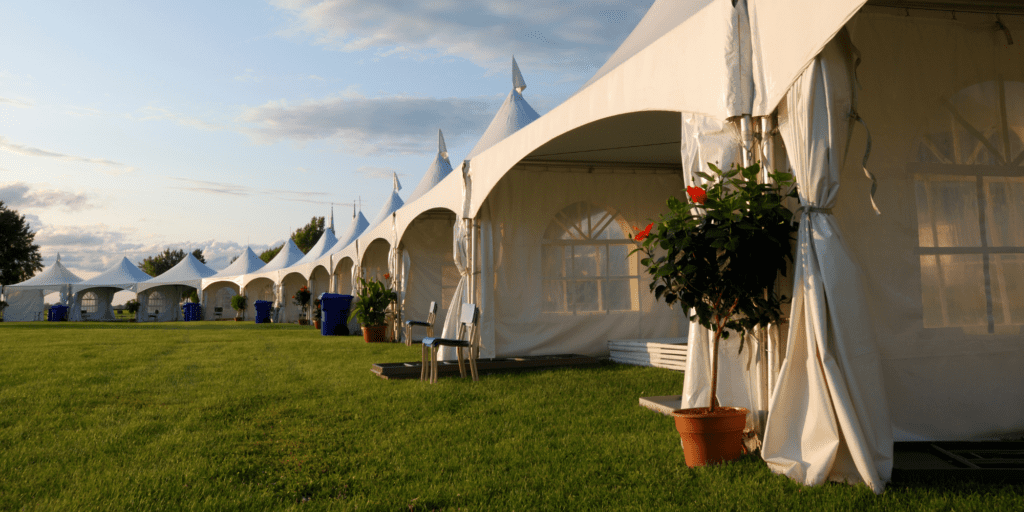
June kicks off summer event season—with vibrant celebrations like Pride Month, Juneteenth, outdoor concerts, street fairs, farmers markets, and neighborhood block parties filling the calendar. These events can bring people together in powerful ways—but they can also generate a lot of waste.
From food wrappers and plastic cups to bottles and cans, it can be hard to tell what goes where. Here’s a quick guide to some common event items you might encounter this summer—and whether they belong in the recycling, compost, or landfill bin!
First, Reuse
Bringing your own reusables is the best way to reduce event waste (and avoid any confusion over what goes where!). Pack a simple Zero Waste kit with items you will need, such as:
- A reusable water bottle (many events now offer water refill stations)
- Durable utensils
- A cloth napkin
- A lightweight container (for leftovers)
- A reusable coffee cup
- A small tote or bag for carrying your kit and any purchases
- A snack in a reusable container
Recyclable
These items are typically recyclable—but only if they’re scraped clean of food and empty of liquids. Recycling rules can vary from community to community, so check event signage before you toss something into the recycling bin.
Commonly recyclable items:
- Aluminum cups and cans (do not crush)
- Plastic bottles (empty liquids, put the plastic cap back on)
- Glass bottles (empty liquids, remove the metal cap or cork)
- Paper, such as flyers and brochures (but not paper food boats, plates, or napkins)
- Foil (clean, balled-up foil 2 inches in diameter or bigger—but not yogurt lids or small scraps of foil)
- Durable plastic cups with a #2 or #5 on the bottom (empty of liquids)
If you’re still in doubt, throw it out to avoid “wish cycling” and contaminating the recycling stream!
Compostable
Composting is a powerful way to turn food scraps into a healthy soil amendment—but contamination is a big issue. Here’s what you need to know. If compost bins are available:
YES: food scraps, including meat and dairy
MAYBE: napkins, paper towels, popsicle and corndog sticks, and certified compostable items (BPI– or CMA–certified) are accepted only if specifically included on signage. NOTE: In most Colorado Front Range communities, compostable serviceware (cups, plates, utensils), as well as paper towels, napkins, sticks, etc., are not accepted, even if labeled “compostable.”
NO: plastic utensils, cups, or containers—even if they look compostable. And keep food wrappers, plastic cling wrap, and chip bags out, too!
Trash
Unfortunately, many items you’ll find at community events belong in the trash can. These items are not recyclable or compostable in most places:
- Coffee cups (unless accepted locally in recycling, like in Denver—check event signage)
- Most plastic cups (other than a #2 or #5 durable cup)
- Straws
- Polystyrene (Styrofoam) cups, containers, or trays
- Paper food boats (unless certified compostable and listed as a “yes” on compost signage)
- Plastic Utensils
- Ice cream cups and plastic mini spoons
- Popsicle/ice cream wrappers
- Plastic cling wrap and plastic film
- Plastic bags
- Chip bags, candy wrappers, juice pouches
- Compostable plates, cups, and utensils (if your community accepts only food scraps in compost bins)
- Napkins and paper towels (if your community accepts only food scraps in compost bins)
- Mini condiment cups and lids, either paper or plastic
The best way to reduce waste is to plan ahead to reduce your waste in the first place! Bring your reusables, sort your waste carefully, and help others do the same. Every small action can make recyclables more valuable, compostable food scraps cleaner, and summer celebrations more sustainable!
























